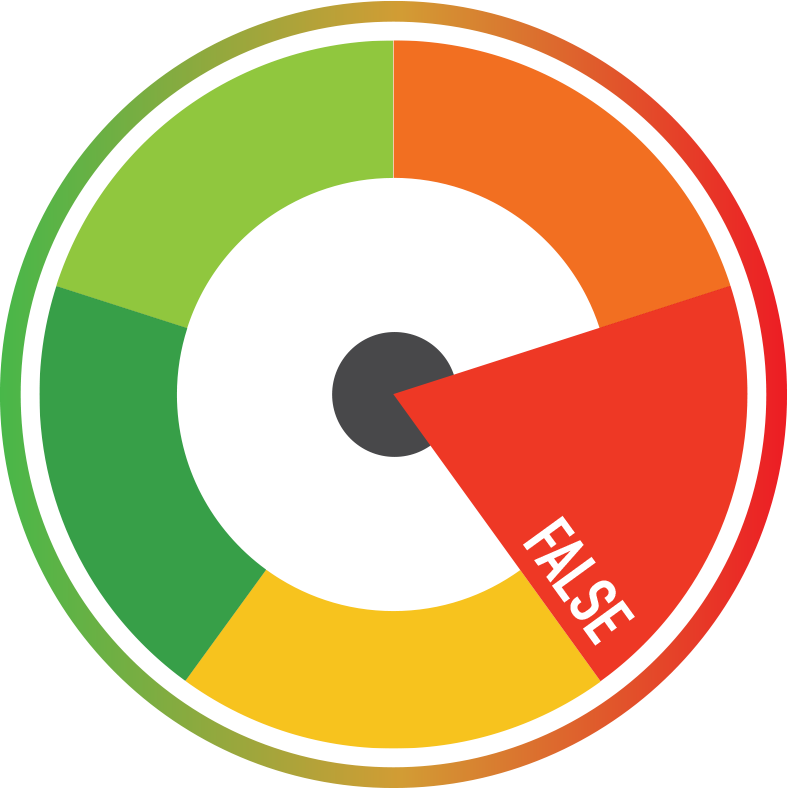The claim “EU’s new environmental law bans bonfires in private property areas”, was stated on April 10 in an article by MV-lehti, a Finnish right-wing, fake news website, known from spreading misinformation. The claim turns out to be false.
Celebratory bonfires are a prolonged tradition in Nordic countries, often lit during midsummer, Easter or Mayday celebrations. The bonfire tradition is beloved, and EU banning them would cause a controversy.
We decided to check the claim, because it’s a common tactic for populist and anti-EU movements to claim that something people value has been banned by the EU, even though that might not be the case.
MV-lehti isn’t a part of Council for Mass Media in Finland, and therefore not committed to the Journalistic ethical guidelines. The source MV-lehti referred to was FriaTider, a conservative Swedish newspaper. To stop the spread of misinformation we won’t link to the original article. Their claim originated from Milla Sundström, Head of the Waste and Chemical Unit of the Swedish Environmental Protection Agency, who had given an interview to the Sveriges Radio, Sweden’s national broadcaster.
According to the article, Sundström would have stated that there is a new law that prohibits burning leaves, figs, and other garden waste often used in celebratory bonfires, such as the May bonfires in Sweden and the midsummer bonfires in Finland.

Sveriges Radio issued a correction on April 16th, stating that there was a confusion regarding the topic. According to Sundström, despite garden waste having to be composted, it doesn’t directly mean that bonfires are over now.
Also FriaTider have later corrected their claim and posted a follow up story, claiming that it wasn’t the EU that banned the bonfires, but Sweden on its own.
However, still to the time of publishing this fact-checking article, MV-lehti’s had not corrected its claim.
EU’s updated waste directive does not mention bonfires
The bonfires are not banned, says Ulla Ahonen, a communication specialist from the Finnish Ministry of Environment.
The background of these claims is the update made by the EU on its climate laws specifically on the most recent update on their waste framework directive (WFD).
EU’s directives set goals, and the member states can decide with their own legislation, how to meet those goals. Unlike EU regulations, EU directives are not directly binding.
Therefore the directive also mostly concerns member states, not private people. In article 10 of the updated waste framework directive (2008/98/EC) it is stated that: “Member states shall take measures to ensure that waste that has been separately collected for preparing for re-use… is not incinerated”.
Many EU countries and/or municipalities have already temporarily restricted burning bio-waste, such as garden waste, in private properties. For example, in Finland, the famous Midsummer bonfires have been restricted by authorities many years in a row, due to the risk of forest fires.
Conclusion
After checking the claim, we conclude that the EU has not banned bonfires. Some EU-countries, such as Finland, have temporarily restricted bonfires before due to the risk of forest fires. These limitations are not a result of the European Union’s legislation, but the member states’ own laws and regulations. MV-lehti’s claim is false.
RESEARCH | ARTICLE © Alisa Lahtinen, Aapo Raatikainen, Roni Koivuharju, Haaga-Helia University of Applied Sciences, Helsinki
Leave your comments, thoughts and suggestions in the box below. Take note: your response is moderated.





